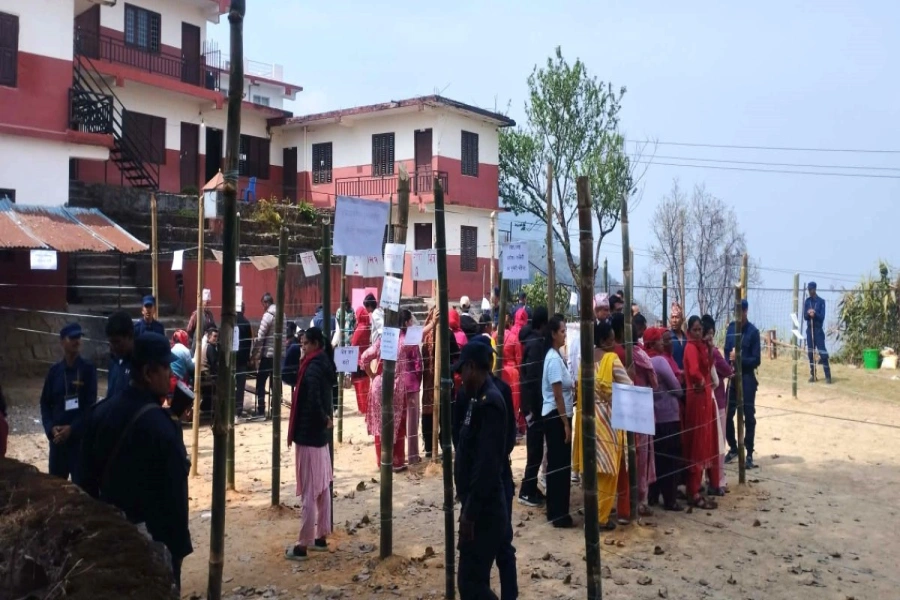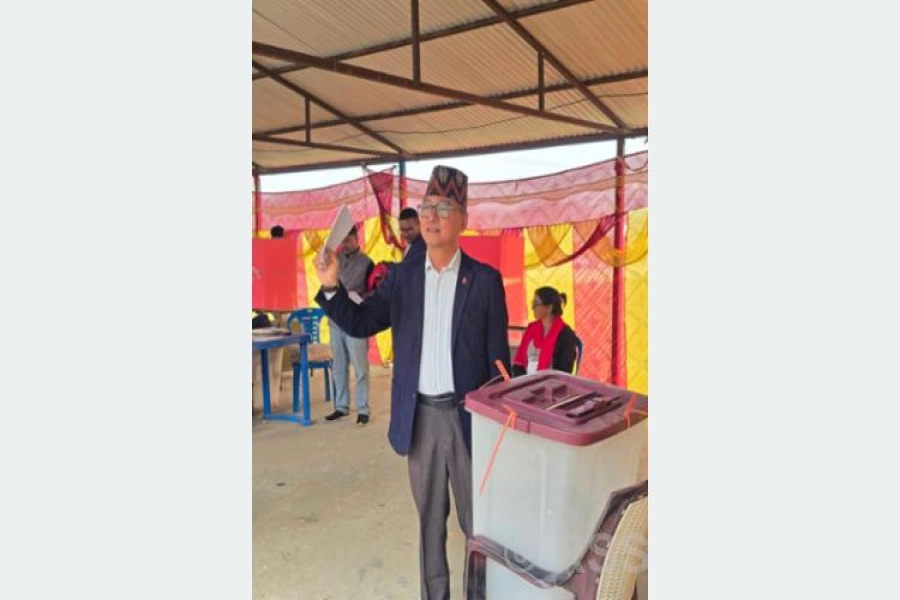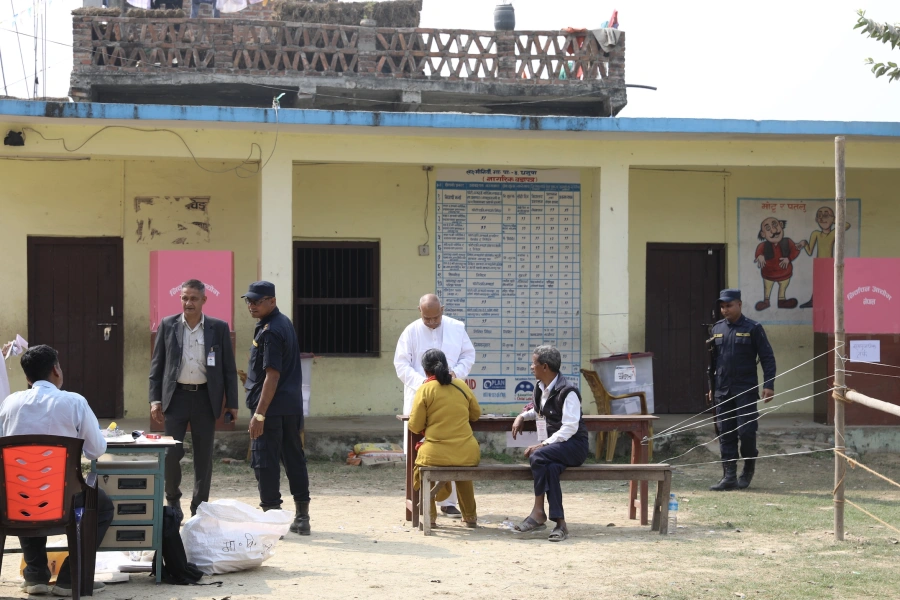NEW YORK, Sept 29: Climate experts have raised alarms over the sensitivity of the Hindu Kush Himalaya (HKH) region to climate change, highlighting the urgent need for collaborative mitigation efforts.
Speaking at a sideline event of the 79th United Nations General Assembly, held in New York, Rajan Mehta, a Harvard University climate expert, emphasized the pressing risks of glacial lake outbursts and natural disasters in the region due to rising temperatures.
According to a press release issued by Global Centre for Climate & Security Governance (GCSG), during the interaction titled "Climate Change and Geopolitics: Shaping the Future," organized by the Global Center for Climate and Security Governance (GCSG), Mehta stressed the importance of utilizing early warning systems to minimize the impact of potential disasters.
Rising threats of climate change in the Hindu Kush Himalayas

Mehta, also the author of "Backstage Climate," underscored the vulnerability of South Asia, noting that the geographical sensitivity and economic challenges faced by countries in the region make it difficult for them to effectively combat climate change. “These nations lack sufficient resources to tackle the problem,” he remarked.
Likewise, former Nepali parliamentarian and international affairs expert Deepak Prakash Bhatt echoed the call for regional cooperation, stating that the HKH region is highly susceptible to natural calamities such as floods, landslides, and earthquakes. Bhatt emphasized the need for collective action across borders and urged for climate change awareness initiatives at all levels of governance in Nepal.
"The issue of climate change transcends national boundaries. It is crucial for nations to unite in addressing this global threat," Bhatt said, advocating for comprehensive laws, policies, and strategies to prepare communities for the worsening effects of climate change.
The experts’ call to action was met with support from participants, who stressed the need for bold climate measures that benefit all sectors, including governments, businesses, and academia.




































